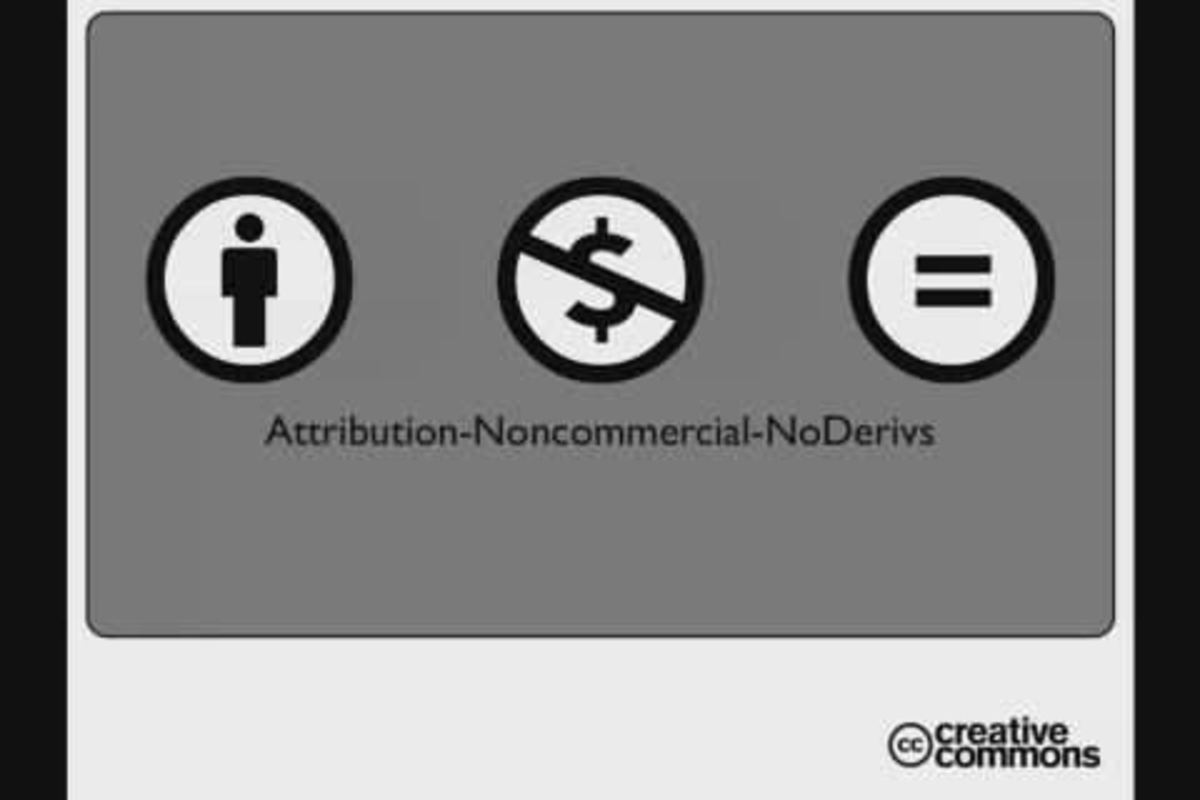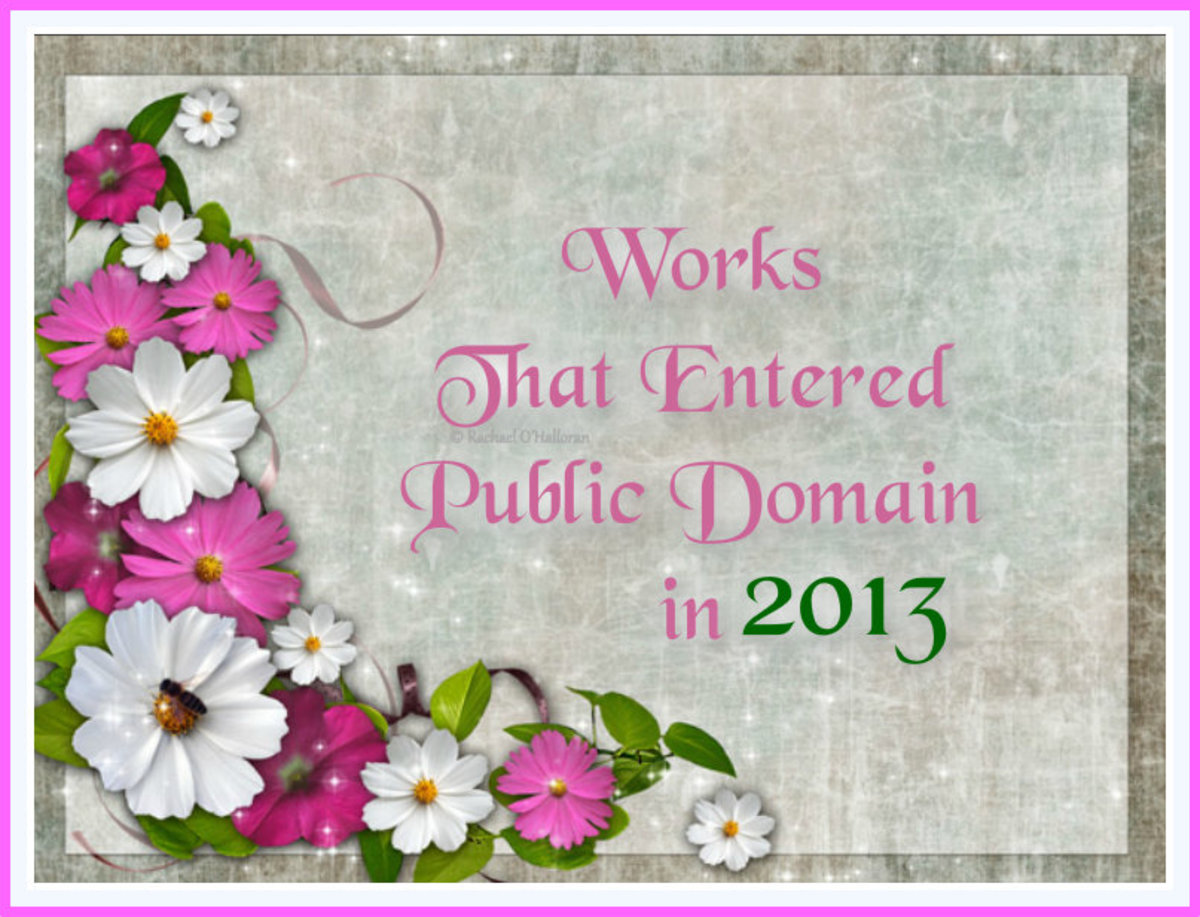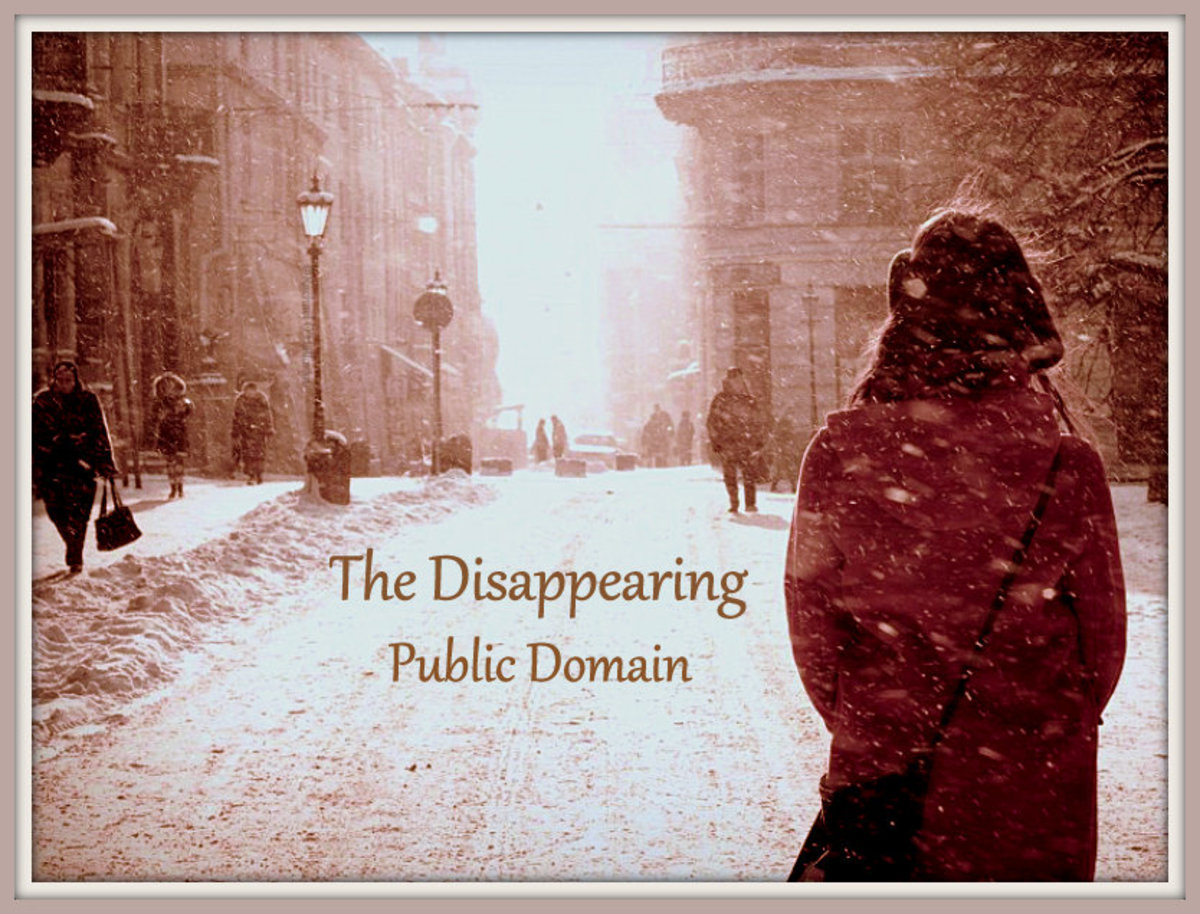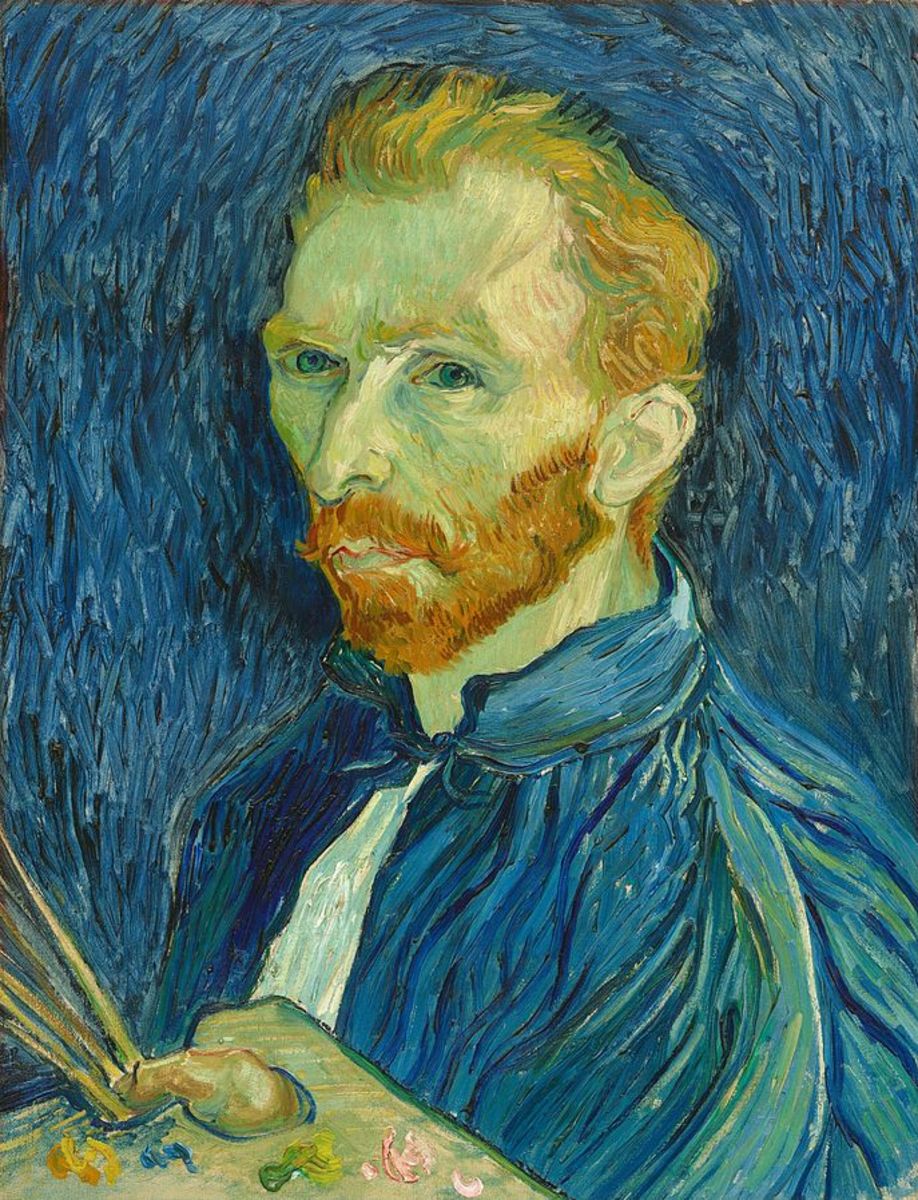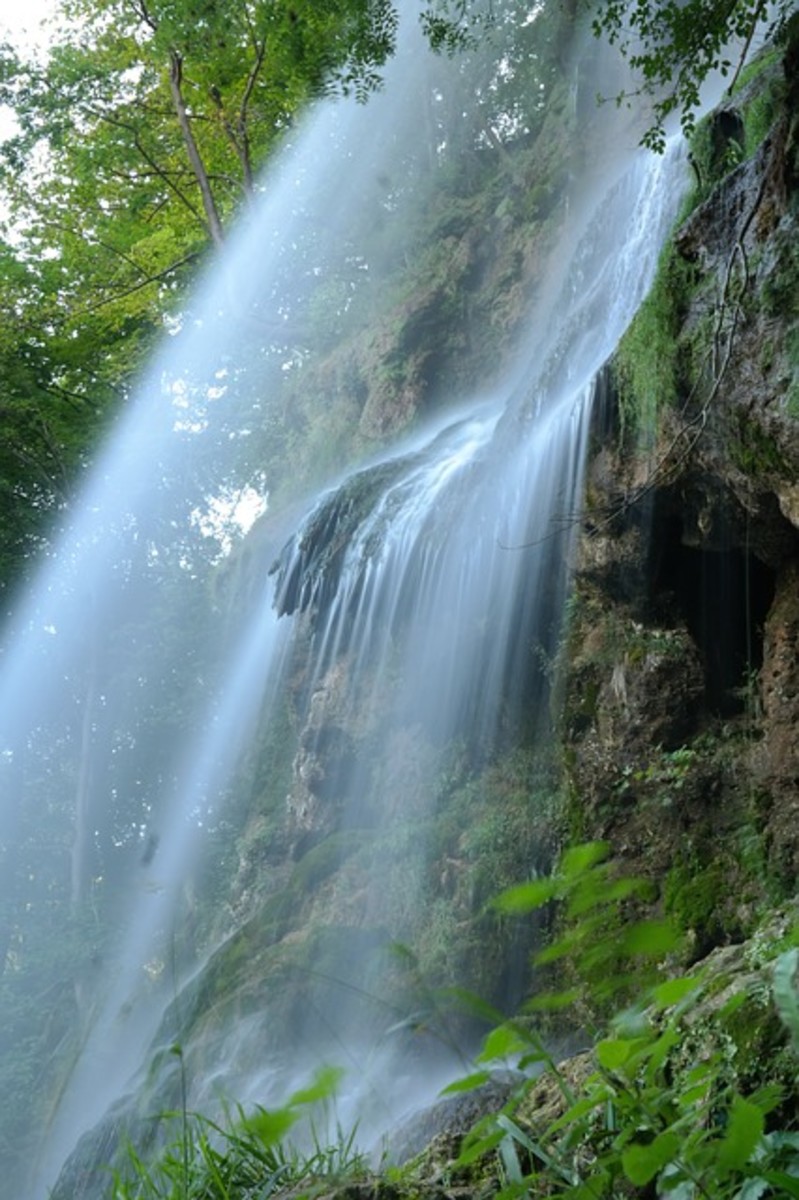Intellectual Properties: Things Every Internet User Needs to Know About Copyright
The Importance of Understanding Copyright
Many people grossly misunderstand the basics of intellectual properties and copyright law in the United States. I’m no attorney, but as a poet, author and artist, I have spent many years familiarizing myself with laws governing intellectual properties. In addition, I occasionally pick the brain of an amazing intellectual properties attorney, Don Simon, who works with artists like myself, helping us get what we deserve from our original work.
Blogging, social media and the internet in general have posed several challenges to artists. On one hand, the digital age gives us the opportunity to tap into a broader audience than ever before. On the other hand, it exposes our original work to new vulnerabilities. It’s great to have someone like your poem, photo, short story or sketch. It’s an uncomfortable feeling to find your original work being shared without credits or permission on Facebook or a stranger’s blog. All internet users need to understand the basics of copyright law so as not to unintentionally break it. Additionally, artists of all types should have an understanding of copyrights so as to protect their work without becoming paralyzed by fear of theft. This doesn’t mean you need to become an expert in copyright law in order to use social media or become a successful blogger. Knowledge is power, however, and some understanding of intellectual properties will help you make better decisions whether you wish to share that hilarious Facebook meme or post your own poetry on your blog.
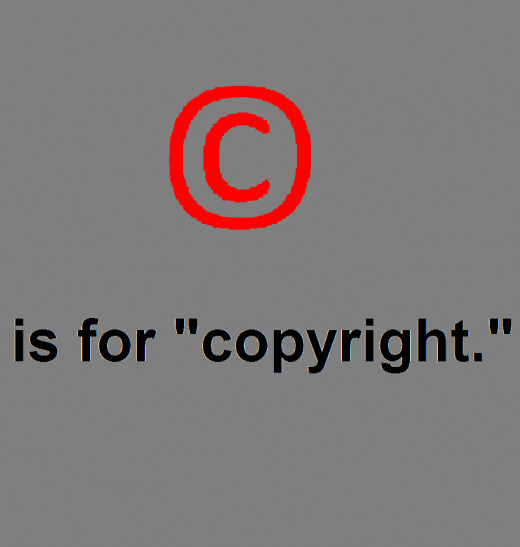
What Is Fair Use?
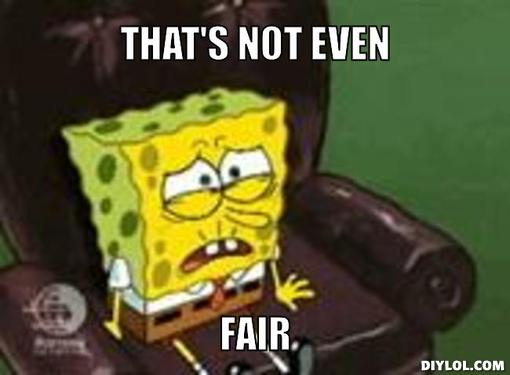
Legal Use
Before you despair or contact an attorney to press charges against a naïve Facebook user, let’s take a look at the legal use of creative works. Fair use, public domain, Creative Commons and use by permission each provide opportunities for the use of creative content.
Fair Use
In essence, fair use is an exception to copyright law that allows for limited use of small portions of copyrighted works, especially for education and non-profit use. It allows students to quote articles and other documents in their school papers without getting written permission from the originator of the articles. Of course, ethical standards require these students to properly document all such quotations. Fair use is also the reason people can create Facebook memes using still frames from popular movies without getting in trouble. However, if those memes become a source of income for anyone, that person has suddenly crossed into dangerous territory.
Fair use does not cover the unbridled use of copyrighted material as long as it is done for a “good cause.” It also does not mean that you can use someone else’s creations as long as you don’t profit from that use. It provides for some basic sharing of creative work, but it isn’t all-inclusive or well defined. In fact, current legal understanding of fair use has come mostly as a result of court cases. Misunderstanding of fair use gets a lot of bloggers in trouble. It may help to read more information about fair use, but the best option is to document and get permission for the use of any materials if there is any question about the legality of using it.
Test Your Knowledge of Copyright Law
view quiz statisticsPublic Domain
Anything that falls into public domain can be used without concern of copyright infringement. U.S. copyright law is very clear on what items are and are not public domain. Certain works or information automatically falls into public domain upon creation. These include titles, some short phrases and slogans that have not been trademarked, numbers and familiar symbols. Facts and ideas are also public domain. This means that you don’t have to document where you learned that the Declaration of Independence was signed in 1776. However, you are not allowed to copy an original text about the signing of the Declaration of Independence without crediting the author or getting permission, depending on the length of your quote. Government work and documents automatically fall into public domain as long as they are created by government employees in the process of carrying out official duties. Additionally, works that are assigned to public domain by their creators can be used freely as can works that have entered public domain due to copyright expiration.
The portion of public domain that has fluctuated the most over time is the portion that enters public domain due to copyright expiration. Currently, all works published in the United States prior to 1923 are considered public domain. Works published without a copyright notice between 1923 and 1977 and works published with a copyright notice prior to 1963 without a copyright renewal can also be used freely. Works created from 1978 through March 1, 1989, without a copyright notice and that were not registered within five years of creation fall into public domain as well. A series of copyright laws has been passed in the United States since the 1970s, and currently, created works do not fall into public domain until a minimum of 70 years after the death of the last surviving creator. The years of copyright may be as long as 120 years after the creator’s death, depending on the type of work. Whenever the copyright expires, that work enters the public domain.
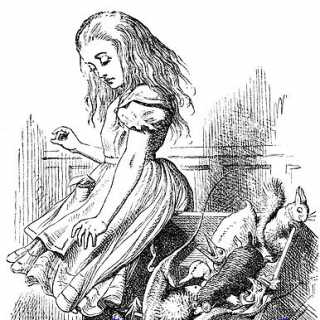
Creative Commons
Creative Commons provides unique opportunities for artists that want to share their work without releasing it into the public domain. This free service allows originators of creative works to obtain a free license that gives restricted permissions for use. Several different options are available to creators who register work with Creative Commons, and it is important for users who take advantage of work made available through CC licensing to adhere to all terms of agreement.
Wiki Commons and other Creative Commons online depositories offer rich resources for internet users seeking photos and other artwork to use on their blogs. However, you cannot legally use everything you find in Creative Commons without documentation. Each CC license comes with stipulations. These range from free use without documentation to use with certain documentation and editing limitations. Each work in a CC depository will be accompanied by licensing details. Be sure to read carefully and follow the originator’s requests.
Properly Document Images from Creative Commons
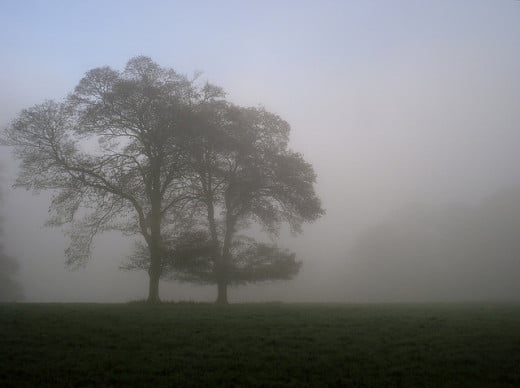
Use by Permission
Although it takes time to get permission and you might be denied or assessed a fee for use, use by permission is the safest way to share creative works that didn’t originate with you. Getting permission to use photos or video clips from big names probably isn’t worth the time, effort and money involved. Getting permission to use a photo, poem or piece of artwork from a fellow blogger might be worth the time for both of you. For example, I wanted to use a photo taken by Ted Strutz, whose blog I follow on WordPress, for use on one of my Hubs. Before posting it, I emailed Ted and requested permission. He happily agreed, and in return, I included a link to his blog from my Hub. This helped to create traffic for both of us.
When getting permission to use someone else’s work, make sure you are clear about your request. When asking for the use of Ted’s photo, I requested permission to use it in only one Hub and with the stipulation that the Hub include a link to his blog as well as full copyright information. If I want to use that same photo in another manner, I need to ask permission again.
The digital age is opening doors for artists in ways scarcely imagined before. The opportunities for exposure and collaboration are tremendous. However, the theft of intellectual property remains a serious concern. Now that you have a better understanding of copyright law, you can help others protect their work online while at the same time adhering to more ethical practices yourself.


